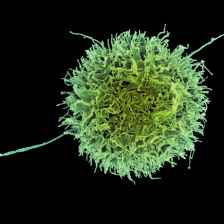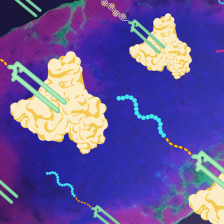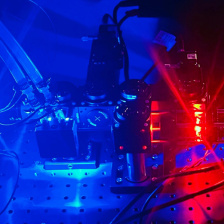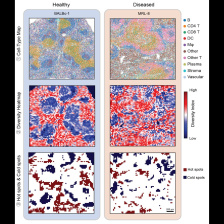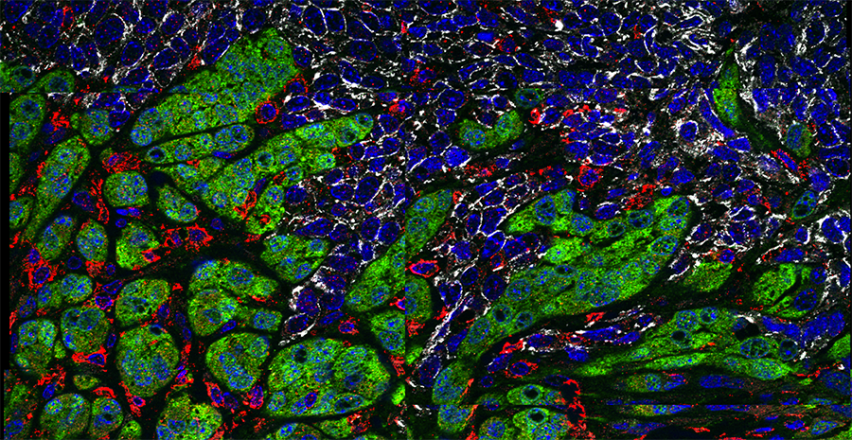
This image represents a mixture of different types of breast cancer cells residing within a tumor and their interaction with immune cells. Immune cells greatly influence the ability of breast tumors to spread to distant sites of the body. In this image, immune cells called macrophages (red) interact with two different types of breast cancer cells (white and blue). Credit: Anushka Dongre
When looking for a strong ally in the fight against cancer, perhaps none is better suited than our own immune system. Every day it is on the hunt for unwanted invaders, and is singly effective at eliminating many nascent cancers before they even develop. Yet some cancers escape detection by the immune system and turn lethal, for reasons that remain poorly understood.
Newly emerging immunotherapies hold great promise for treating cancer, delivering powerful results for some cancer patients. But, given that they work for only some patients against a few cancer types, there is much more work to be done—to better understand how these therapies engage with the immune system and to make them more effective and accessible for more patients across a wider range of cancer types. We are helping to illuminate the role of the immune system in fighting cancer using state-of-the-art mouse modeling, imaging, engineering and analytical methods. We are deconstructing what the immune system sees and responds to when it launches a sustained and successful antitumor response. Our goal is to create new classes of diagnostics along with novel immunotherapies to augment and improve the natural immune response, for the cancers that get away.
